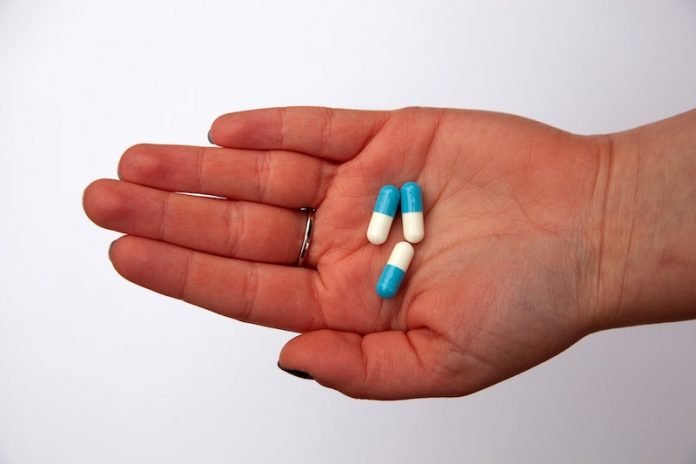
In a new study, researchers found that treating critically ill COVID-19 patients with drugs typically used for arthritis may significantly improve survival.
Tocilizumab and sarilumab are immunosuppressive drugs used to treat rheumatoid arthritis.
They were two of several immune modulation treatments included in the study.
The researchers found patients receiving tocilizumab and sarilumab were more likely to improve (measured by a combination of reduced time on organ support, such as a ventilator, in the ICU, and surviving the hospital admission) compared to patients who received no immune modulator.
The research was conducted by a team at Imperial College London.
Previously, the team examined the effect of treatments on a combination of survival and length of time patients need support in an intensive care unit (ICU).
Initial findings showed that tocilizumab, a drug used to treat arthritis, was likely to improve outcomes among critically ill COVID-19 patients.
But the impact on patient survival and length of time on organ support in ICU was not clear at that time.
Now, the latest analysis shows that tocilizumab and a second drug called sarilumab—both types of immune modulators called IL-6 receptor antagonists—have a significant impact on patient survival, reducing mortality by 8.5%.
Furthermore, the treatment also improved recovery so that on average patients were able to be discharged from the intensive care unit (ICU) about a week earlier.
The team says this is a significant finding which could have immediate implications for the sickest patients with COVID-19.
At a time when hospitalizations and deaths from COVID-19 are soaring in the UK, it’s crucial researchers continue to identify effective treatments that can help to turn the tide against this disease.
One author of the study is Professor Anthony Gordon, Chair in Anaesthesia and Critical Care.
The study is published in a pre-print available on medRxiv.
Copyright © 2021 Knowridge Science Report. All rights reserved.



